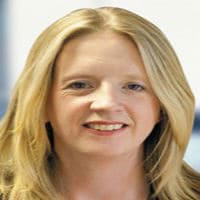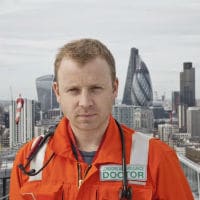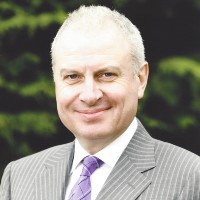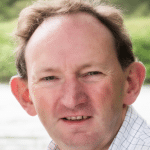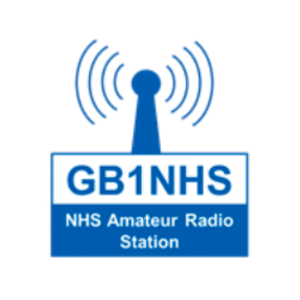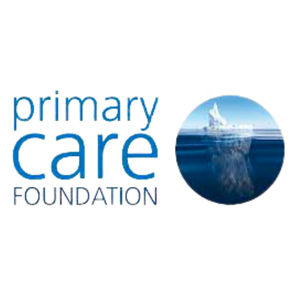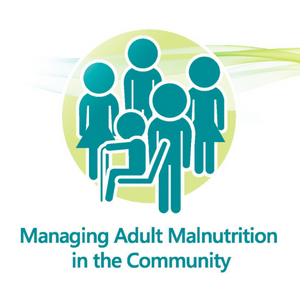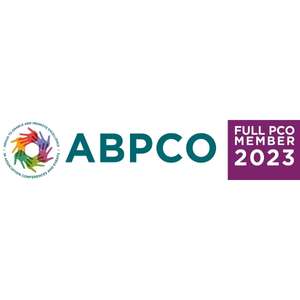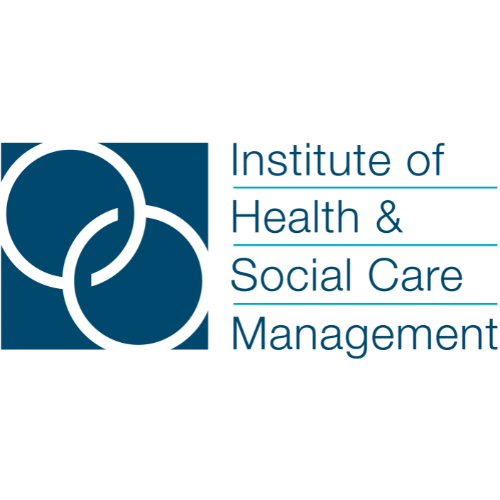The programme
Places are currently very limited for this event, register your place and avoid missing out on what is shaping up to be another engaging and insightful day.
09:25
Dave Fitton
Head of Urgent & Emergency Care
NHS England UEC Operations – Midlands
Chair Dave Fitton (Confirmed)
Head of Urgent & Emergency Care at NHS England UEC Operations – Midlands
09:30
Diane Baynham
Director of Digital Care Pathways
Coventry and Warwickshire ICB
Diane Baynham (Confirmed)
Head Of Service Design – Digital Urgent and Emergency Care for NHS England
“NHS Digital and NHS England on the Digital Agenda for Urgent Care”
09:50
The Physician Response Unit: ‘Taking the Emergency Department to the Patient
Dr Tony Joy
MBChB MRCS(Eng) FRCEM DCH Dip(IMC) PGC(Darzi). Consultant in Emergency Medicine
The Royal London Hospital, Barts Health NHS Trust
The Physician Response Unit is a collaborative service operated by Barts Health NHS Trust, London’s Air Ambulance and London Ambulance Service. It ‘takes the Emergency Department to the patient’ and responds to emergency calls in Northeast London with an Emergency Physician, an ambulance clinician and a well-equipped rapid response vehicle. 68% of patients are managed in the community, with excellent patient feedback.
The service promotes the integration of care between the emergency sector and the community sector. Furthermore, this has saved approx. £850k in nine months through reduced ambulance conveyances reduced ED attendances and reduced inpatient admissions.
10:05
Reducing the longer lengths of stay experienced by patients post-emergency admission
Leigh Forsyth
Physiotherapist
NHS Improvement
Caroline Poole
Deputy Clinical Director and Professional Head of Allied Health Professions (AHPs)
NHS Improvement
Allied Health Professions (AHPs) comprise the 3rd most significant clinical workforce in the NHS. An evaluation undertaken in 2018 evidenced the leadership challenges faced by this group, with the consequence that their leadership offer can be overlooked, and their offer to people and populations are often poorly understood and sub-optimised. At the same time, the thorny challenges in managing urgent and emergency care are well documented. It is imperative we bring the clinical and systems relationship skills offered by them to the fore to help address this challenge. During the Autumn of 2018 AHP leads in provider trusts were invited to collaborate in a 90-day improvement journey to support the national ambition to achieve a reduction in longer lengths of hospital stay. This presentation will describe the leadership challenges, the improvement journey and the impact achieved.
10:25
Shifting the discharge curve
Richard Oakley
Head of Analytics
Methods Analytics
Dr Abi Tierney
Regional Director for the Central Region
Serco Health
Tim Coney
Coordinated Care Lead
Serco
Serco, long-term partner of Norfolk and Norwich University Hospitals Foundation Trust, was engaged to help shift the Trust discharge curve forward by two hours. Serco brought in wider capabilities and partnerships including Methods Analytics to undertake a time-challenged programme of activity. Underpinning this with flow analysis and simulation, patient and staff engagement, service redesign and operational infrastructure delivery.
Q & A
Morning Break, Networking & Refreshments
12:00
Dave Fitton
Head of Urgent & Emergency Care
NHS England UEC Operations – Midlands
Chair Dave Fitton (Confirmed)
Head of Urgent & Emergency Care at NHS England UEC Operations – Midlands
12:05
Renegineeering the clinical pathway for the complex micro’ patient
Samantha Lippett
BPharm(Hons), PGDip, MSc, DIC, MRPharmS (IP), Lead Antimicrobial Pharmacist
Brighton & Sussex University Hospitals NHS Trust
Understanding the challenges that PWID present to our clinical teams and how we have started to change the way these patients are managed.
12:25
A New Journey, Bexley CCG
Dr Mark Harmon
Chief Brand & Strategy Officer
eConsult
Krista Burslam
Clinical Director for Urgent Care
eConsult
With increasing attendances and growing demand on Urgent Care and Emergency Departments, the current situation is cause for concern. We also know that many attendances could be directed to more appropriate health provision, taking pressure off the system.
We have developed a solution currently piloted across 240,000 patients in Bexley CCG (SE London) with the aim to remotely sign post patients from home to the right place for their symptoms, and to digitise their journey once at the ED.
12:45
Workforce transformation in urgent and emergency care
Matt Aiello
National Lead for Urgent and Emergency Care
Health Education England
Supporting development of an integrated multi-professional workforce and new models of care.
13:05
Visualising the Same Day Emergency Care Agenda
Ben Rosling
Non-Executive Director
Beautiful Information
Having an aggregated real-time view of the current state of play in your regional health economy – be it Emergency Department (ED) or ambulance capacity, or primary care demand – is essential in managing patient flow and blockages in the system. Without it, it is impossible to manage.
Hear how the Regional Operational Control Centre (ROCC) application delivers this, as we enter into the Same Day Emergency Care Agenda.
Q & A
Networking & Lunch
Chair Eileen Sutton (Confirmed)
Head of Urgent and Emergency Care for Healthy London Partnership and London Regional IUC Lead, NHS England
14:25
Delivering efficiency in Urgent and emergency care through PC improvement
James Kingsland OBE
Independent Clinical and Professional Adviser
Isle of Man Government and award-winning GP
The evidence is now established that where there is compromised access to primary care services, there is a corresponding increase is presentations to A&E and urgent care services.
Often these presentations are not urgent or emergencies.
To solve this problem a new primary care provider service is needed.
The NHS LTP may have the answer.
14:40
Diploma in Urgent Medical Care of the Royal College of Surgeons of Edinburgh
Professor Colville Laird
Medical Director
Basics Scotland
The Faculty of Prehospital Care of the Royal College of Surgeons of Edinburgh is of the opinion that the management of urgent care and prehospital emergencies are areas of practice that are interdependent. The Faculty believes that urgent care is pivotal in reducing the workload of emergency medicine and improving patient care. However, The Faculty wishes to promote the provision of high-quality urgent care and has developed a new multi-professional diploma examination. This will provide clinicians with evidence their CPD in urgent care and emphasise the importance of this to the wider NHS.
14:55
Developing wider partnerships to expand multidisciplinary delivery
Karin Orman
Lead Professional Adviser for Royal College
Occupational Therapists
The Royal College of Occupational Therapists has been scoping different models for using occupational therapists and therapy teams to minimise the number of people with long term conditions presenting to emergency departments. The presentation will focus on the key elements from different service models that can be considered for wider roll out.
15:10
General practice at the heart of integrated urgent care
The Primary Care Foundation have now audited urgent care in over 1,500 general practices across the UK and will share what lessons can be drawn and applied as we develop integrated care systems. They have also developed a national tool for NHS England for modelling innovation in integrated urgent care and will reflect on what insights this might offer locally.
Q&A, Prize Give Away, Refreshments and Close of Day






